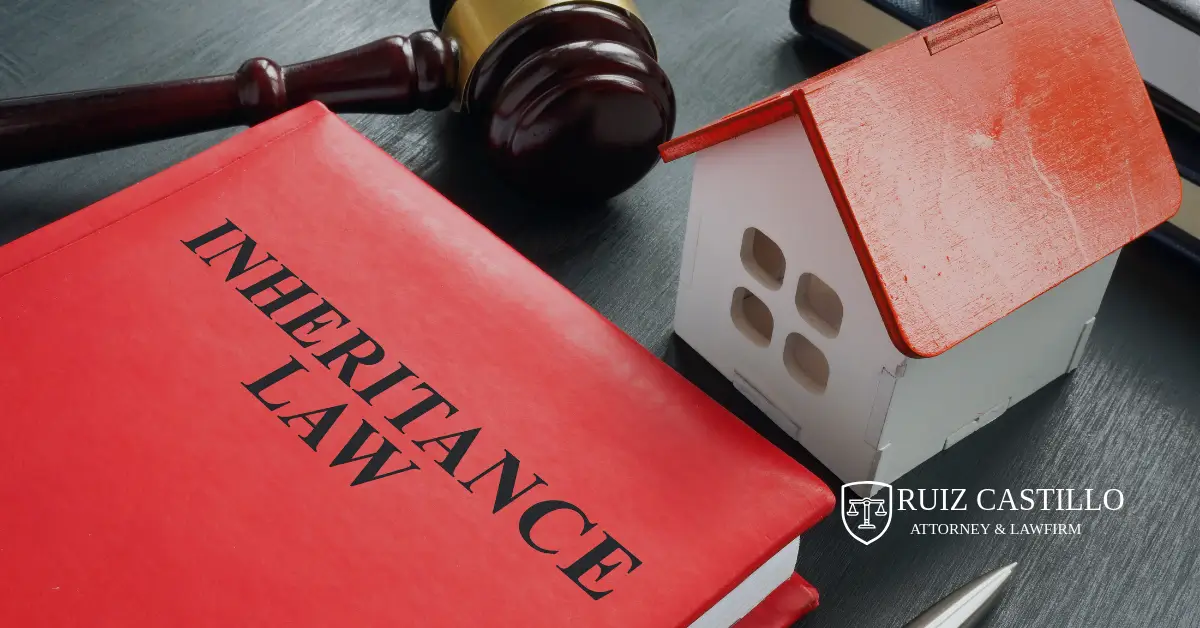
Understanding your tax residency status in Spain is essential to ensure compliance with Spanish tax law and avoid unnecessary complications. Whether you’re moving to Spain, purchasing a second home, or spending extended time in the country, knowing the rules and criteria around tax residency will help you determine what taxes you owe and how much. […]
Happy clients
Experience
Masters degrees
Understanding your tax residency status in Spain is essential to ensure compliance with Spanish tax law and avoid unnecessary complications. Whether you’re moving to Spain, purchasing a second home, or spending extended time in the country, knowing the rules and criteria around tax residency will help you determine what taxes you owe and how much. In this guide, we’ll cover how to determine your tax residency status and outline the tax obligations for residents and non-residents, including important updates and clarifications.
Read my in-depth article about the taxation in Spain for expats.
Tax residency in Spain is determined based on several criteria, with the 183-day rule being the most commonly referenced. However, other factors such as the location of your economic interests and family can also play a role. Understanding these factors will help you navigate the Spanish tax system efficiently.
The 183-day rule is one of the main indicators used to determine if you are a tax resident in Spain. According to Spanish tax law, if you spend more than 183 days in Spain during the fiscal year (which runs from January to December), you are typically considered a tax resident. It’s important to note that these 183 days do not need to be consecutive, which means time spent intermittently in Spain over the year still counts toward the total.
Exceptions to this rule may apply in cases where your stay in Spain is for specific professional assignments or where other legal stipulations are in place. Keeping detailed records of your time spent in Spain is essential to ensure you remain compliant.
While the 183-day rule is the primary measure, other factors can also establish your residency status. One of these is where your primary economic interests are located. If most of your income, investments, or assets are based in Spain, you may be considered a tax resident, even if you don’t meet the 183-day threshold. Another important factor is family ties—if your spouse and children reside in Spain while you live abroad, the Spanish tax authorities may consider you a resident for tax purposes.
These criteria make it critical to understand how your financial and personal circumstances align with Spanish tax laws.
Once your residency status is clear, it’s important to understand the specific tax obligations you will have based on your classification as a resident or non-resident.
Now that you’ve determined your tax residency status, understanding the tax obligations that come with being either a resident or non-resident is essential for complying with Spanish tax laws. The taxes you owe and the rates applied depend largely on whether you are classified as a resident or non-resident.
As a tax resident in Spain, you are subject to Personal Income Tax (IRPF) on your worldwide income. This means that any income earned, whether in Spain or abroad, must be declared and taxed according to Spanish law. Spain uses a progressive tax rate system, where higher earners are taxed at higher rates. The current tax brackets and rates can be found on the official Agencia Tributaria (Spanish Tax Agency) website.
Income sources that are typically subject to taxation for residents include:
As a tax resident, you may also be required to report foreign assets worth over €50,000 under Spain’s Modelo 720 regulation. This includes assets such as bank accounts, investments, and real estate held outside of Spain. Failure to report these assets can result in significant fines.
Non-residents, on the other hand, are taxed only on income derived from Spanish sources. For non-residents, the tax rates are typically flat and may differ depending on the type of income. For example, non-residents pay a flat rate of 19% on rental income and 24% on employment income from Spanish sources if they reside within the EU or EEA, and higher rates may apply for other non-EU citizens.
Non-resident tax obligations include:
One significant option for certain newcomers to Spain is the “Beckham Law” (Special Tax Regime for Impatriates), which allows eligible individuals to be taxed as non-residents for up to six years, even if they meet the 183-day rule. Under this regime, you will only be taxed on income earned in Spain, and not your worldwide income. This can be beneficial for professionals and high-income earners moving to Spain for work.
To qualify, individuals must apply within six months of registering as a tax resident in Spain. Notably, this regime is generally only available to employees, excluding self-employed individuals and those who previously resided in Spain in the last 10 years.
In addition to special tax regimes, it’s also important to be aware of Spain’s double taxation agreements, which can impact your tax obligations based on your home country.
Spain has double taxation agreements (DTAs) with many countries, including the United States, the United Kingdom, and several EU countries. These agreements are designed to prevent individuals from being taxed on the same income in both Spain and their home country. If you qualify for tax residency in Spain but still earn income in another country, you may be able to avoid double taxation by claiming tax relief under the relevant agreement.
It’s important to consult with a legal or tax expert familiar with these agreements to ensure you are taking advantage of all the provisions available to you.
Read my in-depth article about double taxation agreements.
Navigating the complexities of Spanish tax residency can be challenging, especially when balancing different criteria such as the 183-day rule, economic interests, and family ties. Understanding whether you’re classified as a resident or non-resident is essential for complying with Spain’s tax laws, reporting foreign assets, and managing your tax liabilities efficiently.
If you’re unsure about your tax residency status, or need expert assistance in managing your taxes and compliance obligations in Spain, contact me, José María Ruiz Castillo. With my expertise in Spanish tax law and helping expats navigate these regulations, I can provide personalized guidance tailored to your situation. Whether you’re dealing with residency status, filing taxes, or managing your investments, I’m here to help. Contact me today for professional assistance!







